The Blue Planet Fund, of which OCEAN is a key component, is the UK’s programme supporting developing countries to protect the marine environment and reduce poverty.
Photo credit: Hung Tran
Approximately 3 billion people rely on the ocean for their food security and livelihoods, with those in developing countries particularly dependent on the ocean. The ocean economy is expected to grow faster than the global economy as a whole over the next decade, presenting opportunities for developing countries to grow their economies sustainably and improve the livelihoods of their people. At the same time, the ocean is facing serious and increasing threats from over-exploitation, pollution, biodiversity loss and climate change.
Financed from the Official Development Assistance (ODA) budget, the Blue Planet Fund is an important part of the UK’s global leadership on marine issues. This includes our call to protect at least 30% of the global ocean by 2030 (for more information look at the Global Ocean Alliance ‘30by30’ initiative) and our existing commitments to stop plastic pollution entering the ocean through our joint UK and Vanuatu-led Commonwealth Clean Ocean Alliance.
The Blue Planet Fund supports the delivery of the Integrated Review, which puts tackling climate change and the loss of biodiversity at the heart of the UK government’s international priorities. The fund also contributes to the UK’s commitment to increase its international climate finance support to at least £11.6 billion over the next 5 years. At least £3 billion of this will be invested in climate change solutions that protect, restore and sustainably manage nature and deliver strong outcomes for poverty reduction.
The Blue Planet Fund supports programming in ODA-eligible coastal countries across the following 6 priority regions:
Through a portfolio of bilateral and multilateral programmes, the Blue Planet Fund works across the 4 integrated themes: biodiversity, climate change, marine pollution and sustainable seafood.
The Blue Planet Fund’s objectives are in line with the UK’s focus on protecting nature and tackling climate change through an integrated approach. Alongside its 4 overarching themes, programmes also incorporate cross-cutting themes such as gender and vulnerable groups, human rights and modern slavery, rule of law and corruption, nature based solutions, and economic shocks.
Across its thematic areas, the Blue Planet Fund has 7 outcomes it aims to support through its programming. These are detailed below.
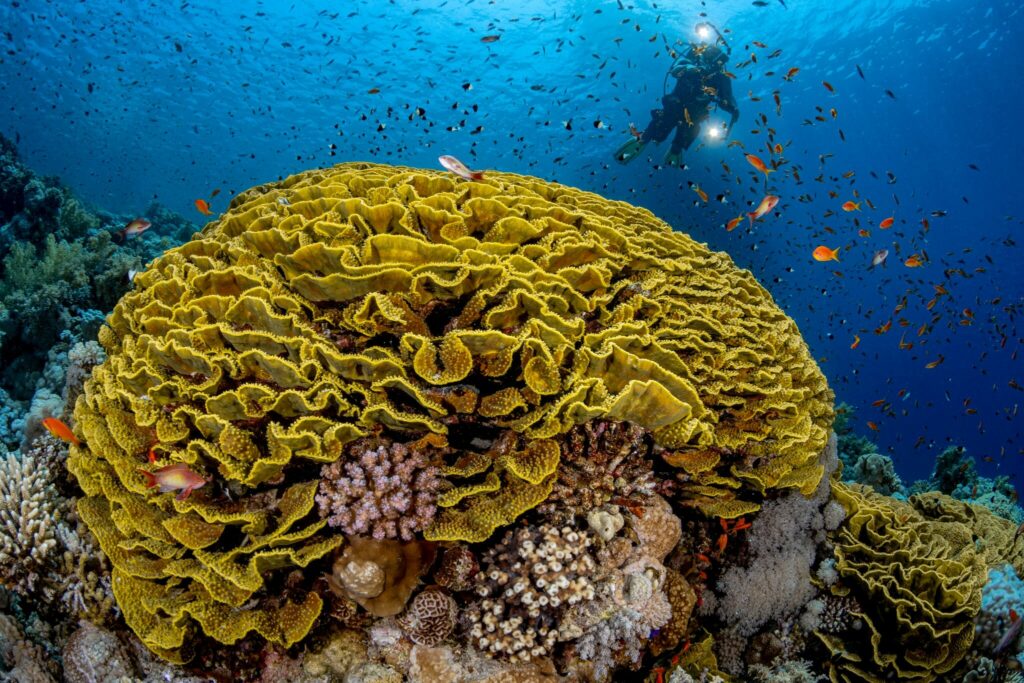
Countries have increased willingness, capacity, and access to sustainable finance to establish and sustainably, effectively, and inclusively implement and manage MPAs and OECMs within national and international waters.
Photo credit: Ocean Image Bank
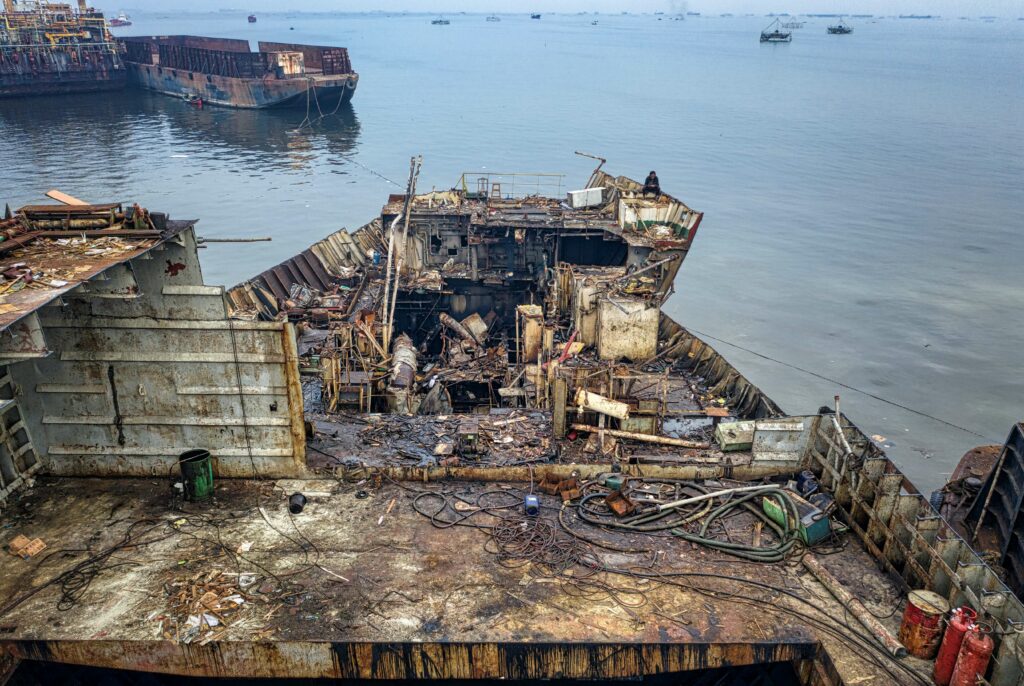
IUU fishing activities are more effectively monitored, prevented, and deterred and international enablers of IUU are increasingly minimised.
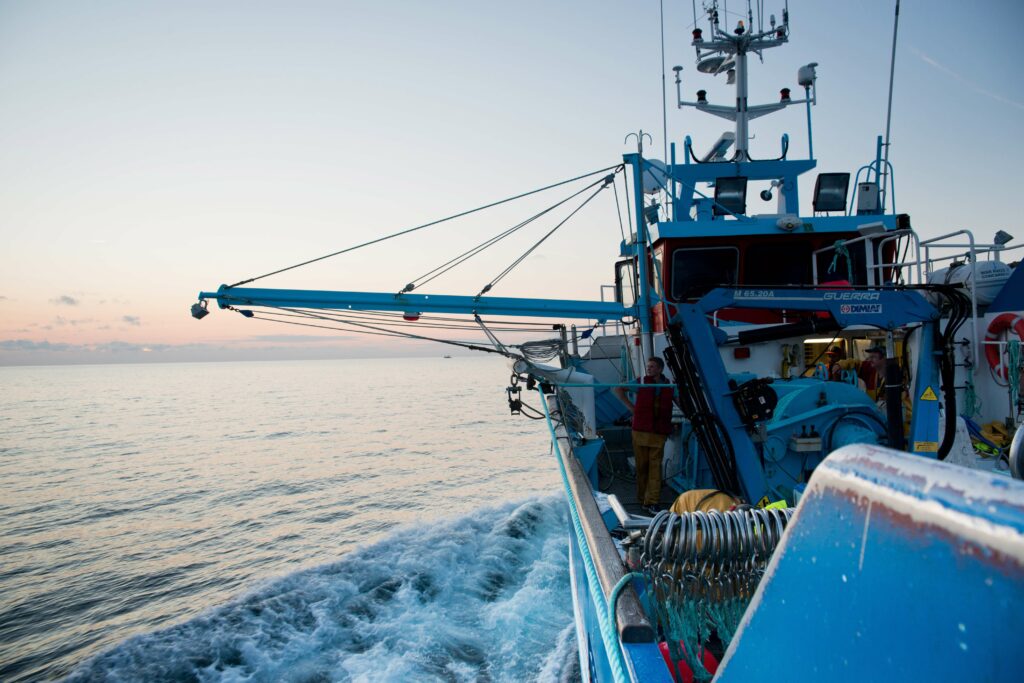
Management of regional and national fisheries and aquaculture is strengthened to deliver sustainable fish stocks and healthy marine ecosystems provide inclusive livelihoods, and reduce overfishing, including by removing or repurposing environmentally harmful subsidies.
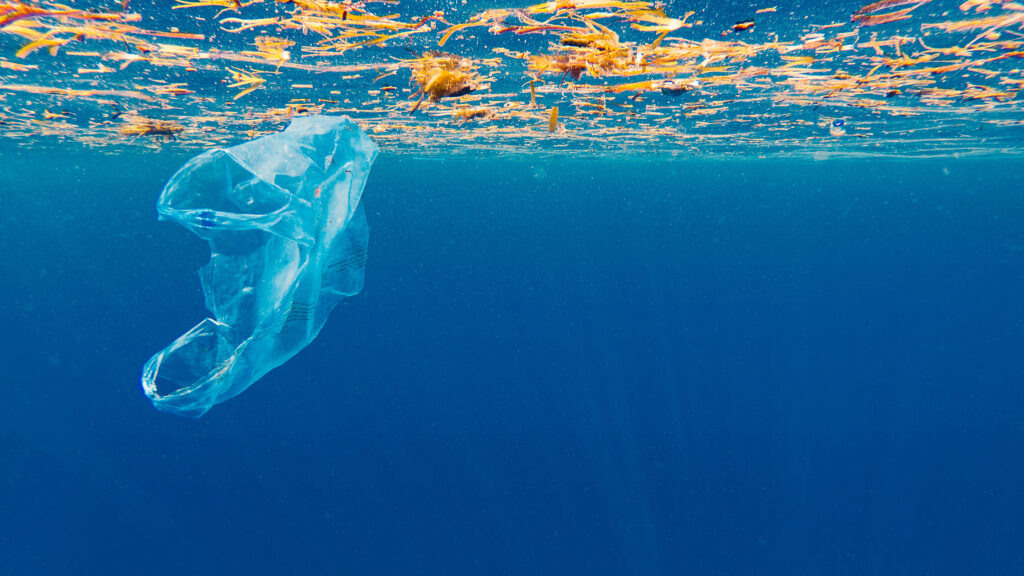
Waste management systems are strengthened and move towards circular economy approaches that reduce solid waste and other forms of pollution – including ghost gear – entering the marine environment, while supporting inclusive poverty reduction and women’s empowerment.
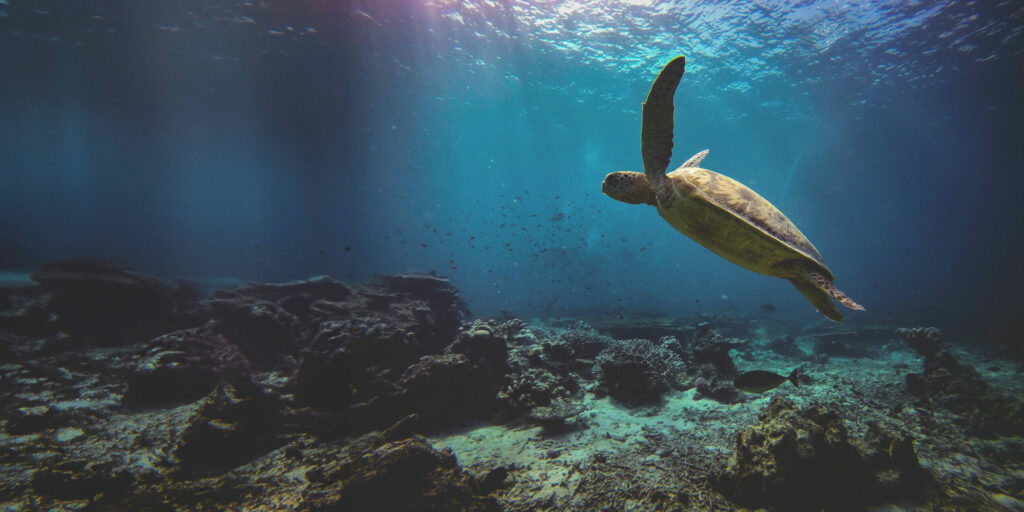
Locally inclusive approaches that protect, sustainably manage and restore marine ecosystems are demonstrated, scaled, and financed with private sector support, leading to improved biodiversity, ecosystem services and climate resilience of coastal communities.
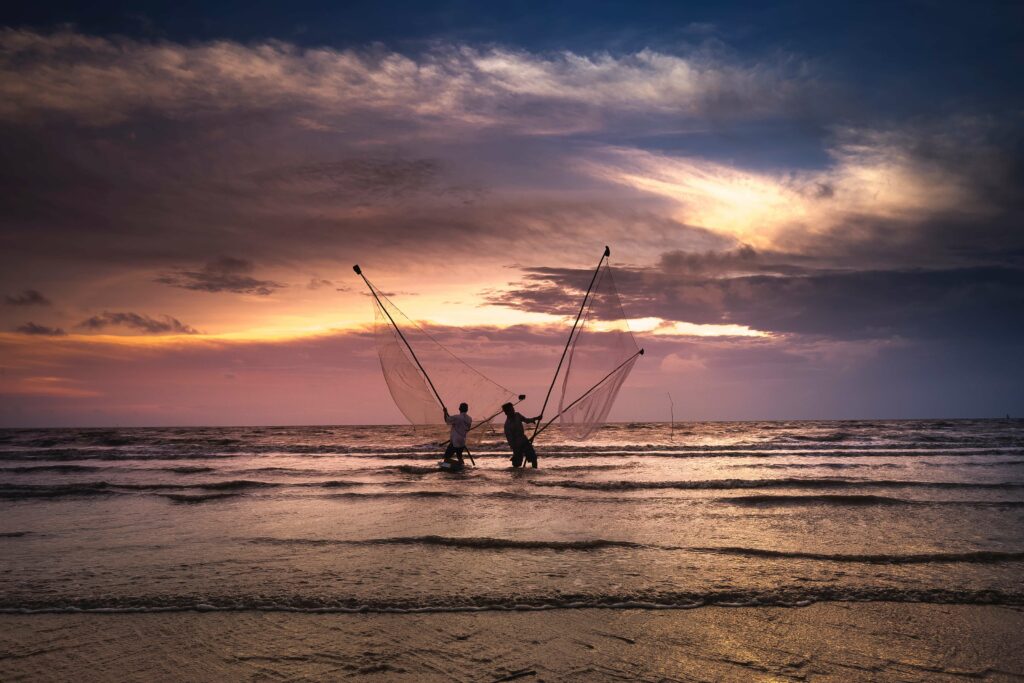
Local communities have improved fisheries management knowledge, capacities and incentives, supporting more climate resilient, inclusive and sustainable livelihoods.
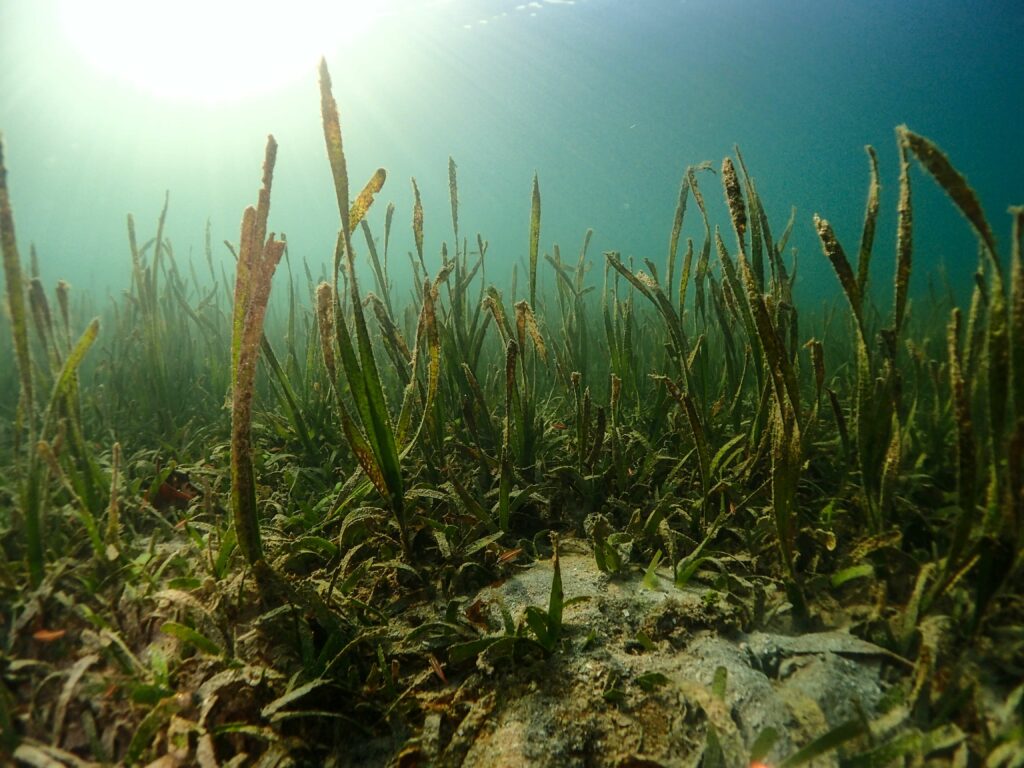
Sustainable, inclusive aquaculture approaches that help restore and avoid harm to the environment are demonstrated and increasingly adopted with private sector support.
The following is a summary of the Blue Planet Fund’s flagship bilateral programmes.
The OCPP supports countries to manage their marine environments more sustainably by:
Through the OCCP, the UK will partner with up to 11 ODA-eligible countries to positively impact the coastal communities that depend on healthy marine ecosystems most. It will also support international initiatives and pilot projects that align with its aims.
OCEAN is a new competitive grants programme to support local in-country projects that aim to deliver lasting change to the marine environment and coastal communities.
Organisations including Civil Society Organisations (CSOs) and Non-Governmental Organisations (NGOs) will be able to submit applications for funding to deliver projects in ODA eligible countries, with the first call for proposals due to open in early 2024. There will be two pots of funding available to bid for, with a smaller pot of up to £250,000 being targeted for small scale, local, in-country organisations and a larger one of up to £3 million to support organisations that can fund large-scale activities and scale up effective solutions.
The COAST programme has £154 million in funding from the Blue Planet Fund and will run from 2023 to 2030. COAST aims to improve the adaptive capacities, climate resilience and prosperity of vulnerable coastal communities in developing countries. It will support them with the sustainable management of their marine environment and coastal resources.
COAST will focus on key themes underpinning its aim, including:
COAST will carry out work in 6 priority countries: Mozambique, Indonesia, Philippines, Vietnam, Bangladesh and Nigeria.
The 2 component projects under COAST that have already been announced are the:
A substantial third component will be procured for in due course, which will provide capacity, technical support, and grants for local level action around COAST’s themes.
The £36 million SBE programme will run from 2023 to 2028, and aims to enhance the climate and economic resilience of ODA-eligible SIDS around the world. SIDS steward disproportionately large ocean territories that are home to unique biodiversity. The programme will tackle resource, capacity, and knowledge gaps in-country. It will support SIDS to design and implement blue economy plans, policies and interventions using sound scientific knowledge and data.
Overall, SBE aims to:
The programme will achieve this through different methods, including:
The following is a summary of the Blue Planet Fund’s multilateral programmes.
The GFCR is the first multi-partner trust fund for Sustainable Development Goal 14. It integrates public and private grants and investments for coral reefs, with particular attention on SIDS. It operates in coral reef countries around the world, focusing on interventions that support communities dependent on coral reefs that have been identified as the most resilient to climate change. It is designed to encourage sustainably financed reef-positive revenue streams instead of a dependency on short-term grant funding.
Through the Blue Planet Fund, the UK has committed to contributing £33 million to the GCFR. Our funding has already supported projects in:
By 2030, these programmes intend to:
The UK sits on the GFCR’s fund-level executive board, which reviews and approves new programmes and receives updates on existing ones. As of January 2023, the UK is the Co-Chair of the GFCR Executive Board alongside the United Nations Environment Programme.
PROBLUE is the World Bank’s multi-donor trust fund that supports the sustainable and integrated development of marine and coastal resources in healthy oceans. Through the Blue Planet Fund, the UK has committed to contributing £25 million to the programme.
PROBLUE provides essential funding to support the development of the blue economy as an important driver of growth in SIDS and coastal least-developed countries. PROBLUE takes a cross-cutting approach focusing on poverty, gender, climate change and sustainability.
As one of the principal donors to the programme, the UK is the co-chair of PROBLUE. The programme also offers opportunities for collaboration with other programmes under the Blue Planet Fund. For example, the UK and PROBLUE are now collaborating on the delivery of the Eastern Tropical Pacific Maritime Corridor, also known as CMAR.
Through the Blue Planet Fund, the UK has committed £20.5 million of funding to GPAP. GPAP brings together world leaders, decision-makers, academia, civil society, and industry to take collaborative action on tackling plastic pollution in developing countries. GPAP has so far launched national platforms in:
GPAP is facilitating activities in many more countries and aims to engage 25 countries by the year 2025. The UK sits on the global steering board and provides strategic direction to the programme.
ORRAA is a multi-sector alliance that aims to drive investment into coastal natural capital through the development of innovative finance solutions. These products will reduce vulnerability and build resilience in the most exposed and vulnerable regions and communities.
The UK has committed £13.9 million into ORRAA. The UK’s investment will address 2 challenges faced by coastal communities and the ocean environment:
1. Tackling the impacts of anthropogenic climate change and biodiversity loss. 2. Overcoming barriers that prevent finance flowing into nature-based solutions.
The grant awarded to ORRAA will support their aims to drive at least $500 million of investment into coastal and ocean natural capital, and produce at least 50 novel finance products, by 2030. This would positively impact the resilience of 250 million climate vulnerable people in coastal areas worldwide.
In 2016, the UK approved the £10.3 million ICF Blue Forests programme, delivered by the UK non-governmental organisation Blue Ventures. It became part of the Blue Planet Fund in 2022.
The programme operates in Madagascar and Indonesia, working with local coastal communities to:
By working with local communities, this programme aims to significantly reduce mangrove deforestation in the target countries, bringing livelihoods and environmental benefits worth many times the project investment. The Blue Forest programme is projected to protect around 20,000 hectares of mangrove forests, deliver around 13.9 million tonnes of carbon dioxide savings and benefit over 100,000 people.
In 2016, the UK has committed £12.95 million to the UK Blue Carbon Fund, managed by the Inter-American Development Bank. It became part of the Blue Planet Fund in 2022.
The UK Blue Carbon Fund aims to accelerate the development of the blue economy of priority countries in Latin America and the Caribbean. It aims to do this by catalysing and mobilising strategic public and private sector investments in the blue carbon sector and closely linked thematic areas such as:
The programme will target both the main drivers of degradation, as well as barriers to the conservation and sustainable management of mangrove forests in both the public and private sectors.
The UK has committed £4.9 million to the CHIPP programme which promotes inclusivity in global efforts to tackle plastic pollution. CHIPP comprises of 2 components to support the Blue Planet Fund’s objectives on promoting inclusivity in this space:
The UK has contributed £400,000 to the UN-led programme that supports the Government of Fiji in issuing its first sovereign blue bond. The blue bond aims to leverage up to $45 million to provide capital for self-sustaining blue economy initiatives. These initiatives will develop facilities and infrastructure, enabling conservation-conscious businesses to be supported and grow. The projects which are generated from the bond will focus on 4 key themes:
The bonds will be raised in August 2023. Selected marine and fisheries projects will receive blue bond funds for implementation by September 2023.